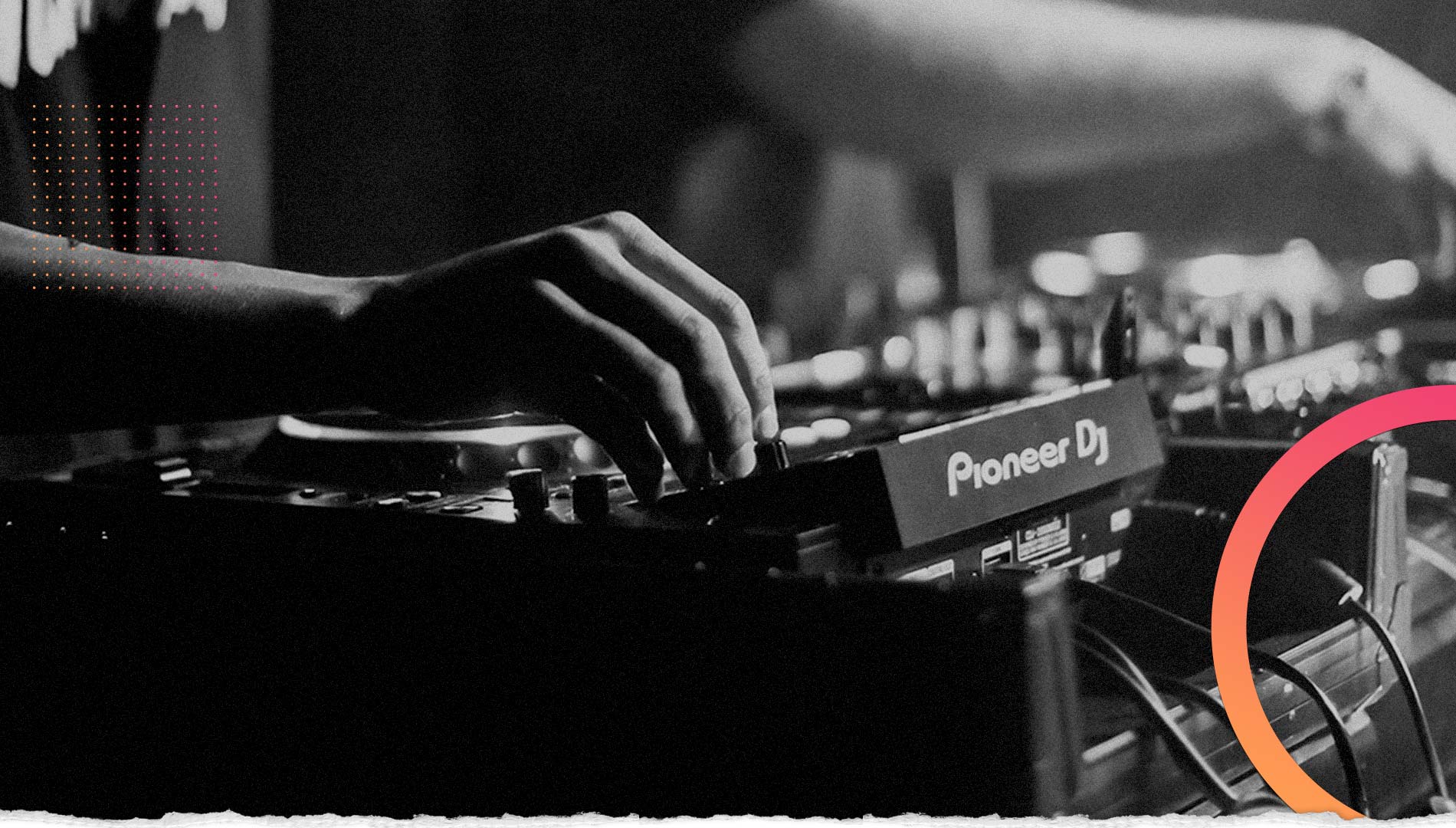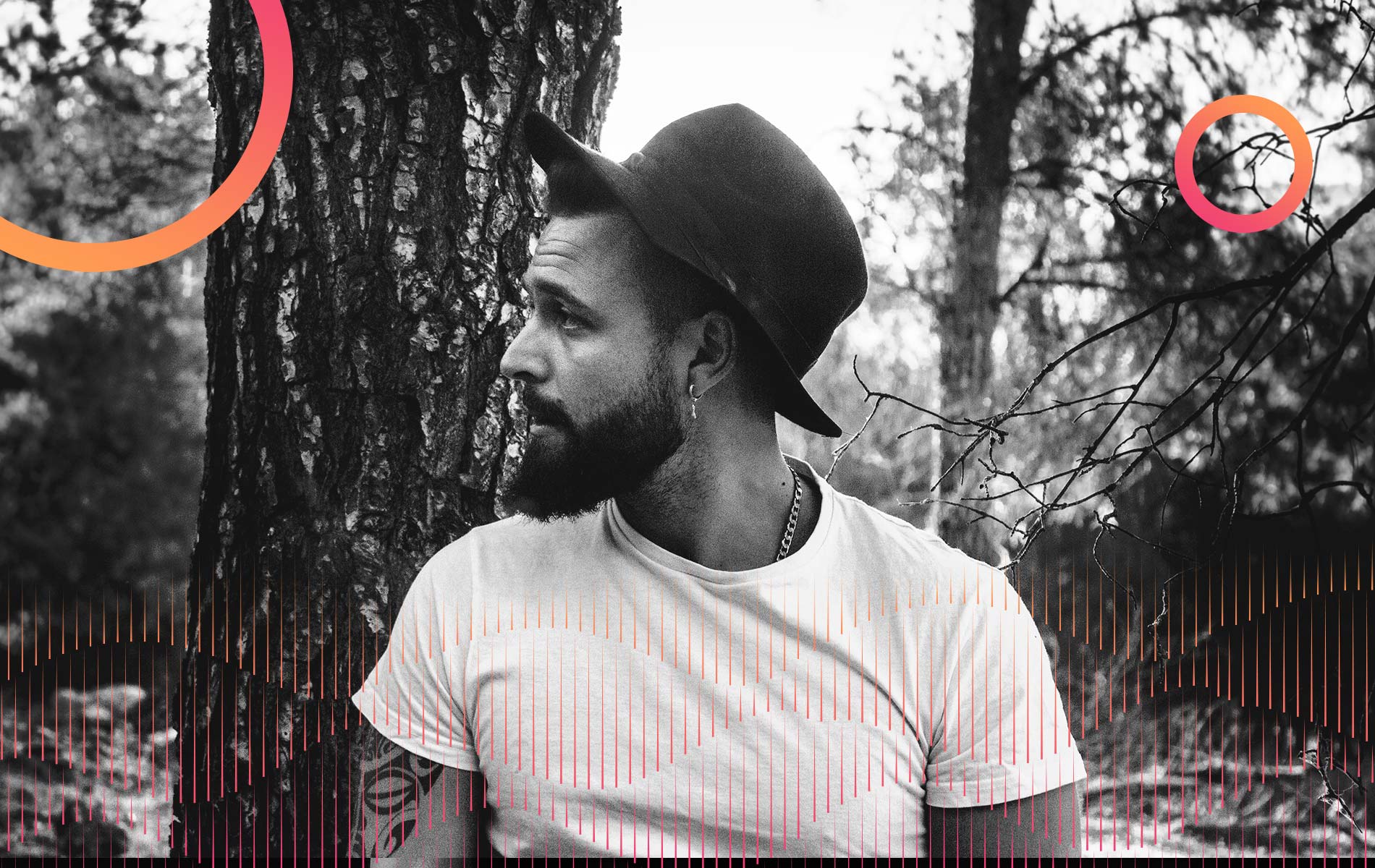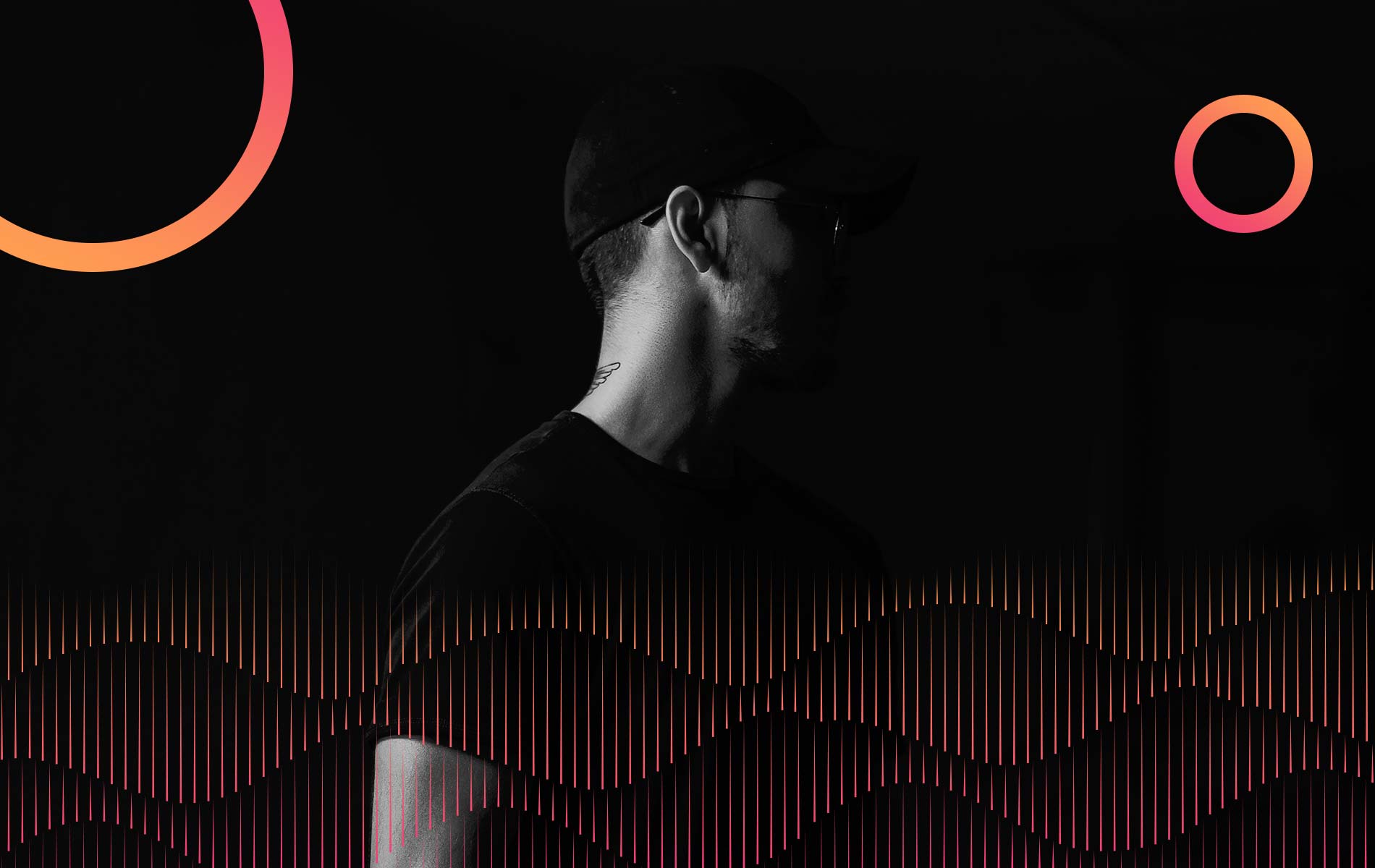Casey Richardson
UBC researchers are field testing a prototype robot that could change the future of drug testing at the Shambhala Music Festival in the Kootenays this weekend.
Associate Professor Jason Hein said one year ago, his graduate student Sarah Guzman joined the lab and identified a need for quicker, more accessible drug testing. With a background from Health Canada and a lab set up for automation for chemistry, Guzman dove into creation.
“The only reason we’re able to do this is because we’ve been working in automation, robotics and chemistry for the last 15 years. It’s actually part of a larger grant, my lab was one of the participants in what turned out to be the largest academic grants in Canadian history, through the U of T and UBC,” Hein said.
“This grant is focused on using robotics and AI to just massively upscale our ability to do research and development. It’s the first of its kind in Canada.”
The UBC prototype is portable, uses high-performance liquid chromatography—a laboratory-grade technique—and automates much of the checking process.
“We want it to be this something that could be as simple as walking up to a kiosk, dropping off a sample, everything else is taken care of on the back end, and then you’ve got your answer.”
The research group has also been working with the British Columbia Centre on Substance Use, Vancouver Health and the Drug Users Liberation Front from the downtown east side in Vancouver.
“It was just very rare that we managed to get all those people aligned to get this done the way we have in this last year,” Hein said.
“I think what’s really cool about this is, it’s lightning in a bottle. It’s not that this couldn’t have been done, it’s just that you need a computer scientist or roboticist, you need that health care, you need that one team at that time that could say, all these skills happened to be in the same lab to do the same thing.”
The machine will be set up at Shambhala to identify and quantify some expected substances in samples, including fentanyl, in about 15 minutes.
These samples will be compared with results from traditional testing methods, as well as test the prototype’s portability and automation to see how it can be improved.
“If it’s going to work, it has to go outside the lab, we want to make sure that it can actually go and work in the field. We were looking for an opportunity for somebody to host us. We are their guests, right? They were the ones that said, ‘Hey, we’d be interested in seeing this’,” Hein added.
“There’s the entire health tent with a lot of other more seasoned people that are doing testing as well. They’re helping us by all the samples coming through are being cross-checked by the more established techniques so that we know [what works].”
ANKORS will be onsite, which has been serving the Kootenays for over two decades and provides complimentary, judgement-free drug testing, harm reduction supplies and other services.
“We want to be able to, first of all, let people know that we’re doing this, we need to find people that are interested in helping to work with us and support us. We’d like to get this to be something that becomes fully hands-free, fully anonymous kiosk somewhere.”
Hein said Guzman is exceptionally passionate about the project.
“The problem she saw in Health Canada was samples would come in and they’re just overwhelmed. They might get one or two done. They get samples done, but there’s this huge delay where the information comes back to them a couple of weeks later, so it’s too late by that point,” he added.
“The background of this point to where for my family, this is the opioid crisis, has impacted my sister too. And it’s one of those things that I wish that there were these kinds of technologies when she was younger.”
A core piece of Guzman’s graduate project will be working on giving the robot flexibility, programming it to work on identifying substances or samples it may not have already come across.
A recent report from the BC Coroners Service said 184 people died in the province in June due to the toxic, unregulated drug supply that has claimed more than 1,200 lives in the first half of this year.
It also showed that 90 per cent of all drugs tested in June showed the presence of fentanyl, and three-quarters of the samples tested positive for a stimulant.
The reason the project is important for Hein is also all about democratizing knowledge.
“This all happened with decriminalization. We saw it on campus. Suddenly decriminalization is a great idea, except without the conversation around safe supply, what you have is a whole bunch of very entrepreneurial people saying, ‘Oh, cool, it’s totally fine to sell this now, because somebody wants campus wants to try something,’
“So if you’re a student and you just want to try something one weekend or whatever, you’re walking into this space, completely blind. And, now one wrong decision can screw up your life. That’s unacceptable, right?”
This fall the team will be scaling up the program where the same testing will be done from a dropbox at UBC, where users can place a sample of any substances they want to be tested for free.
“The device itself is not something that students can just walk up to [yet]. But what they can do is come by our office, they can drop off a sample, put it into a lockbox, and then we will test it as soon as the sample gets registered. So that’s probably about a day or so turnaround instead of a couple of minutes,” Hein added.
“But going forward, if this works well enough, we can imagine building out a system that literally is a kiosk that just lives either on campus or out the community completely sort of something that somebody could walk up to like an ATM.”
Hein said if his team had all the resources, ministry approvals and funding, it could be out on the streets in six months.
“We’ve got the perfect concept and demonstration. I’m being ambitious, but with the right management expectation, this could be rolled out. We are right there. The problem is we need the right kind of team in place to make sure that we’re working with the right health authorities component. It’s really about safety, efficacy and trust and that takes time.”
After the testing at Shambhala Music Festival, Hein said his team will be putting out a report on how things went.
For more information, head to the UBC website here.
Photo: Hein Lab
UBC researchers set up a prototype drug testing robot at Shambhala Music Festival in Salmo, B.C.








 Invalid license, for more info click here
Invalid license, for more info click here